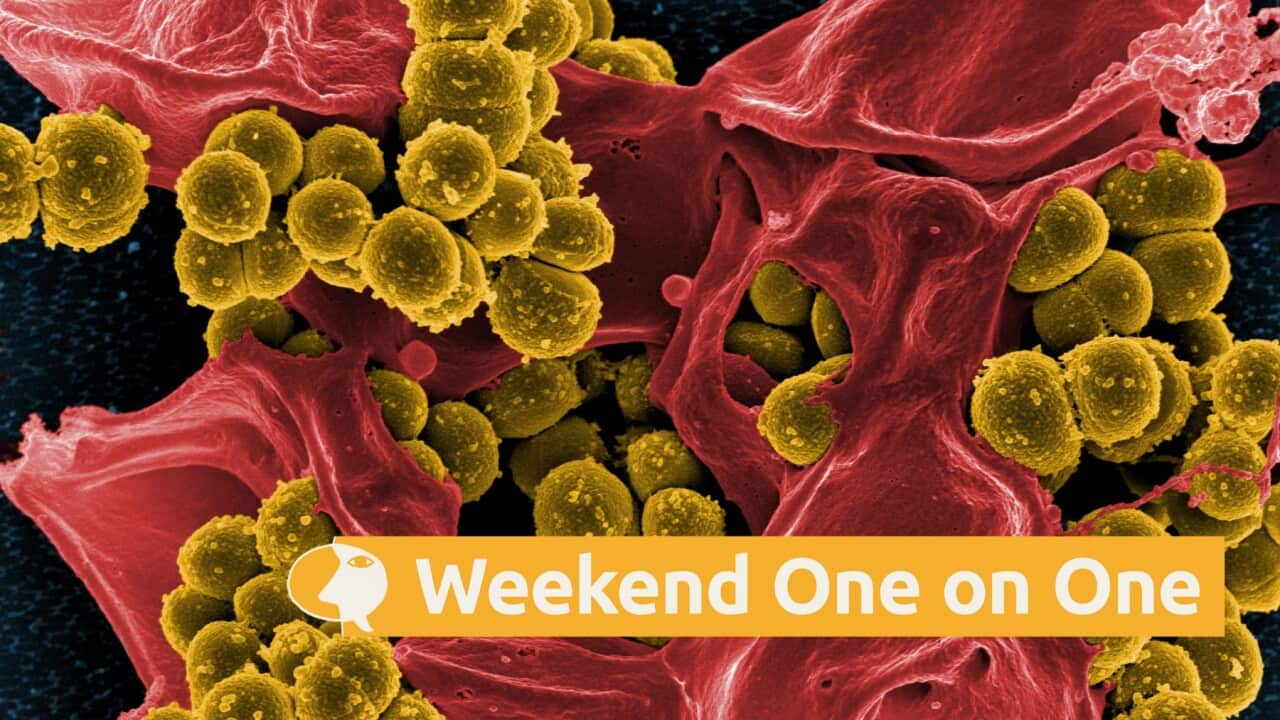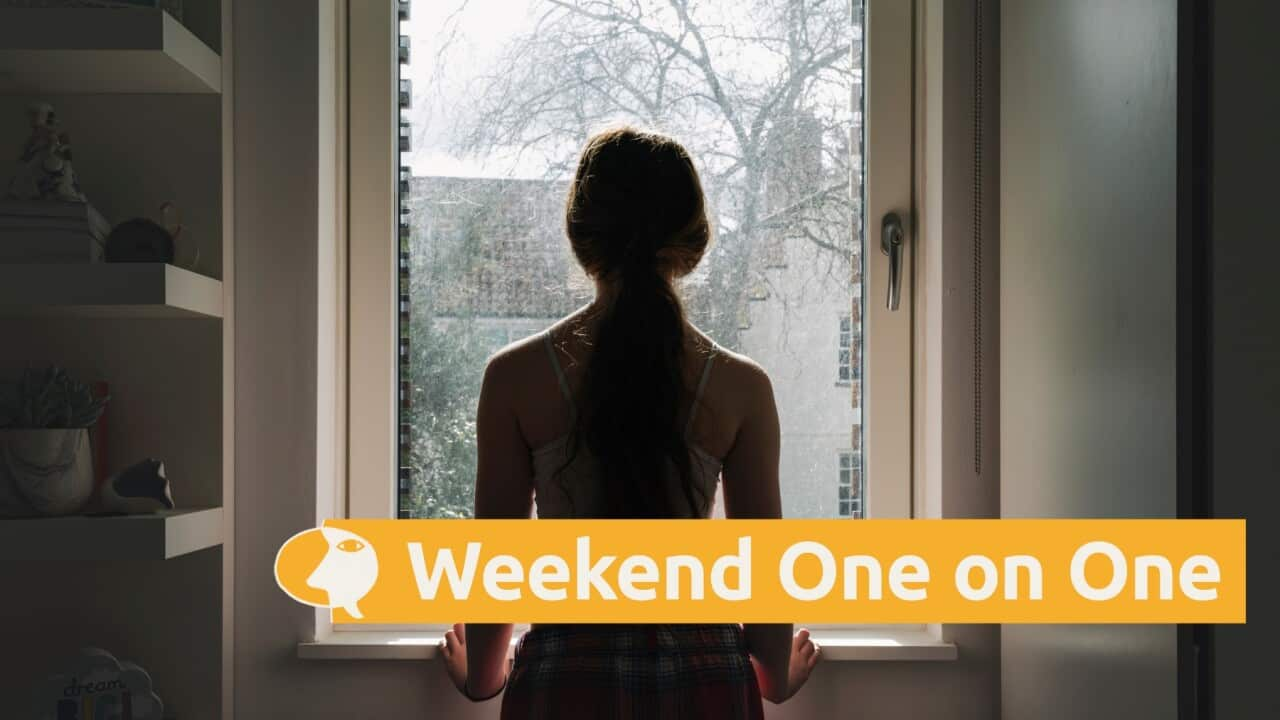Listen to Australian and world news and follow trending topics with SBS News Podcasts.
TRANSCRIPT:
17-year-old Ashwini Aravinthan just graduated high school, and after completing her final Year 12 exams, the future is front of mind.
"I never thought of this age to be one where you are already considering about the future or having anxiety about it."
But many children are, according to new report produced by the United Nations Children’s Fund, in partnership with the Australian Research Alliance for Children and Youth.
Drawing on more than 100 data sets and input from at least 2000 children across Australia, it found many Australian children aren't feeling hopeful about their futures, with 63 per cent expecting to be worse off than their parents.
Nicole Breeze is the Chief Advocate for Children with UNICEF Australia.
“Less than one-third of the 12 to 17 year olds who participated in this survey expressed a sense of hope or optimism for their future over the next 5 years."
The report found mental health distress and future related anxiety are escalating, with a clear decline in life satisfaction as children age.
More than 40 (43) per cent of the young people surveyed were concerned about housing and financial stress - worries that can begin as young as 12.
Even with a support network behind her, Ashwini - a Young Ambassador with UNICEF - says these issues are causing concern for her too.
"... definitely been in the back of my mind, and I think as I enter uni especially and in the past few years definitely become a point of consideration."
These concerns were compounded for many young people by discrimination - which was reported within the last year by nearly 30 per cent of respondents.
For Aboriginal and Torres Strait Islander youth, that rate is more than 40 per cent, and nearly half for children and young people with a disability.
The report also found children are less likely to be ready for school if they: live in low socioeconomic communities, are Aboriginal or Torres Strait Islander, or they’re from a language background other than English.
“What we're seeing is that life is getting harder for young people and children who are already encountering challenges."
Taken together, these challenges can contribute to disengagement from school, and contact with the criminal justice system - which the report says is failing children and young people.
Those that have been through the child protection and out-of-home care systems are more likely to come into contact with the youth justice system, where Aboriginal and Torres Strait Islander children are severely over-represented.
The report was supported by the Minderoo Foundation, where Penny Dakin [[DAY-kin]] is the Executive Director of Communities.
She says investing in early childhood development for Aboriginal and Torres Strait Islanders is key to prevent contact with the law.
"We have to put in place the child supports, the family supports, the community developments that's needed to be able to gives these kids the best possible start to life. And if kids get onto those pathways early enough and well enough, we can keep them off the pathway that leads to child protection, youth justice and the need for significant investment from governments to intervene late."
Appearing in tandem to many of the issues identified in the report is the finding that one in five young adults are experiencing high levels of psychological distress.
Ashwini says that watching daily news plays a big part in that.
"It is quite distressing, right, and sometimes it kind of feels out of your hands, like you're unable to fix it as well, especially when you are a young person and under 18 especially. The school has been great in supporting us and also in telling guys during the exam periods, don't read the news too much."
Launched in Parliament on Monday, the report put forward five recommendations - including establishing a National Early Childhood Commission.
But for Ashwini, giving young people a seat at the table is the recommendation that stands out
"I'd just like to see a greater recognition and integration of youth voices within policy decision making."Tips to help create a future young people can feel more excited about.













